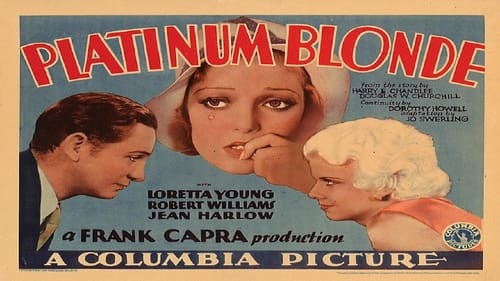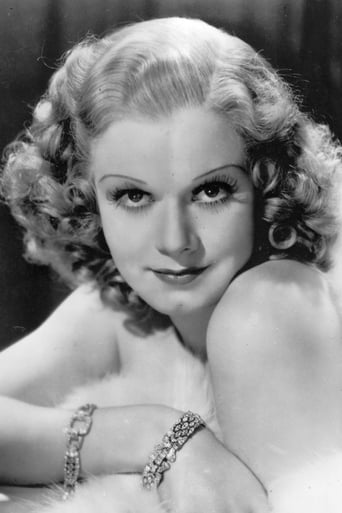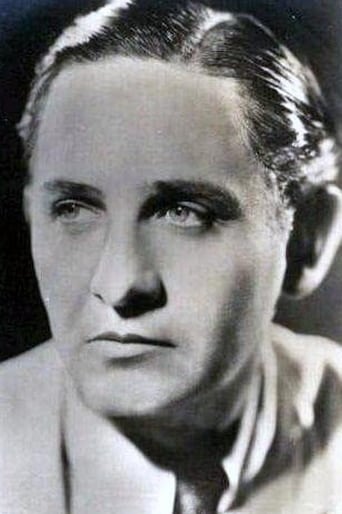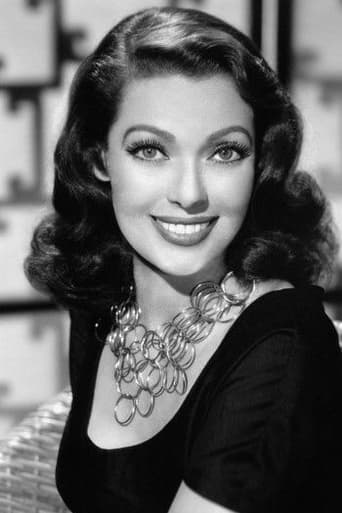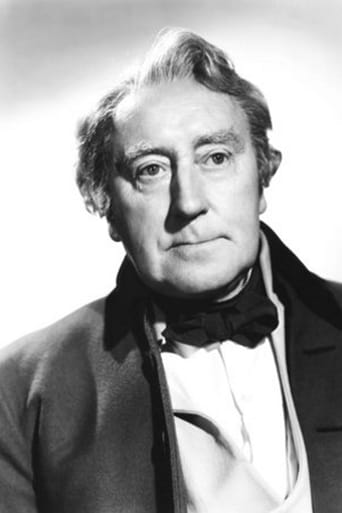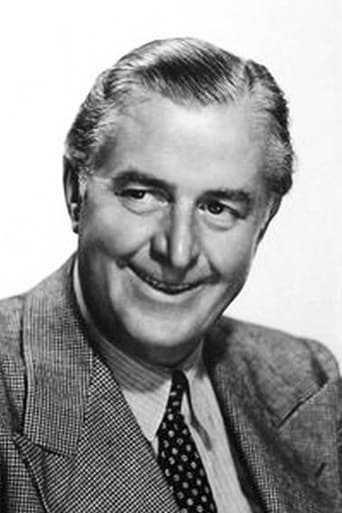JohnHowardReid
The movie took excellent money domestically and in Great Britain. In Australia, it was one of the big hits of 1932. COMMENT: Harlow swings her way through a comedy whose plot is rather similar to that of Love Is News (and its remake). She is beautifully photographed and most attractively costumed, whilst the director makes the most of her presence with delightfully long tracking shots and imaginative camera angles. And while the plot is familiar to us modern viewers, it is served up with wit. Harlow seems a bit unsure of herself in her earlier scenes, but really warms to the role as the film progresses and quite overshadows Loretta Young who has the nominal heroine role. The rest of the cast is very competent. Robert Williams, who died shortly after the film was made, was a natural and graceful player with the style and the voice of Lynn Overmann. Reg Owen and Halliwell Hobbes contribute some amusing bits of business. The film was produced on a lavish budget and Capra has directed with tremendous style and imaginative verve.OTHER VIEWS: Platinum Blonde loses track of itself about seven/eighths of the way through and comes to an unsatisfactory end. I mean nobody is rooting for the lackluster, thin-as-a-rake Loretta Young character when the hero is already bedded down with voluptuous Jean. Still,One for Harlow Robert Williams is an interesting personality (I always look him up whenever I see this film to see what else he starred in - I'd certainly like to see some of his other films) and the film has enough, wit, pace and get-up and go to sustain interest over several viewings. Some great character studies too from Halliwell Hobbes as a backsliding butler, Claude Allister as a superfluous flunkey and Louise Closser Hale as outraged mother. Walter Catlett, Reg Owen and the guy who plays the editor are amusing too. Stylish direction and camerawork. Other technical credits A-1. - JHR writing as George Addison.
dzizwheel
Early Jean Harlow. Amazing she went anywhere after this. The picture was dull, stagy and unfunny.The leading man who gets so much praise in reviews is pallid and irritating. Low key to the point of barely being able to fill an iPhone screen. The primary interest is seeing Jean Harlow in one of her first films, but the novelty wears off quickly. Seeing her in Bombshell not long after watching this dud, one can only wonder at the transformation from corpse to flesh and blood screen magic.An early sound curio and nothing more. even Frank Capra can have an off day. It's okay to say it stinks, rather than pretend this movie has some deep artistic value at it's core. A dud is a dud.
lugonian
PLATINUM BLONDE (Columbia, 1931), directed by Frank R. Capra, has a interesting distinction of unusual casting order: Loretta Young feature billed playing secondary character, Jean Harlow in third billing for title role, and Robert Williams, second in the credits, having the official lead. And who is Robert Williams? Not a platinum blonde, no doubt, but a young actor, contracted to RKO Radio with few screen roles to his credit. Showing great promise in his initial lead performance, this turned out to be his last. Williams died from peritonitis shortly after it's theatrical release. Regardless of Harlow's signature trademark in the title, and Young's glittering beauty, PLATINUM BLONDE is Williams' show from start to finish. Williams plays Stewart "Stew" Smith, a wise cracking reporter of the Associated Press, loved by "sob sister" known only to all as Gallagher (Loretta Young). He's assigned by Conroy (Edmund Breese), the managing editor, to get the scoop on Michael Schuyler (Donald Dillaway), son of a prominent wealthy family, being sued by a Goldie Gordon, a chorus girl, on a breach of promise suit. As Dexter Grayson (Reginald Owen), the family lawyer, bribes "Binge" Baker, reporter (Walter Calett) of the Tribune, to forget the whole thing, Stew shows he cannot be bought though can be hypnotized by Michael's platinum blonde sister, Anne (Jean Harlow). Stew soon obtains Michael's letters from the chorus girl and offers them up to the Schuylers at no price. With the breach of promise suit behind them, Stew's encounter with Anne leads to their eloping, news that not only makes front page news, but shock towards the snobbish Mrs. Schuyler (Louise Closser Hale) and bitter disappointment to both Conroy and Gallagher. Regardless of Stew's philosophy of "wearing the pants" with intentions of keeping his job and earning his own money, he succumbs to Anne's ways by giving up his apartment living in the Schuyler mansion. He even goes against his principles by wearing garters, soon earning the awkward title of "Cinderella Man" by his pears, even worse, being addresses as Mr. Schuyler. Unable to fulfill his obligation as playwright, Stew soon realizes what is meant by being a "bird in a gilded cage" when unable to cope with his wife's high society lifestyle.Upon viewing this rediscovered gem, one cannot help but compare Robert Williams facial appearance to future actor, Robert Mitchum. Had the story used in PLATINUM BLONDE been produced later in the 1930s under Capra's direction, there's no doubt that the role of the pipe smoking reporter, Stew Smith, would have gone to James Stewart whose mannerisms parallel that of Williams. Jean Arthur as Gallagher and Ann Sothern in the Harlow role should indicate fine casting that never took place. For this edition, Young, Williams and Harlow are seen to good advantage, especially the ladies very early in their careers. Also in great support are character types Halliwell Hobbes as Smythe, the Butler; and Claude Allister as Dawson, the "gentleman's gentleman. Besides that of Williams' premature death, there were others in this production who'd be gone by decade's end: Louise Closser Hale (1972-1933); Edmund Breese (1871-1936); and naturally Jean Harlow (1911-1937). Only Loretta Young (1913-2000) outlived her co-stars by decades. A forerunner to the "screwball comedy" cycle that was to peak in the mid to late 1930s, PLATINUM BLONDE was Frank Capra's entry to this formula theme. Much of his directorial style and trademarks found in his later productions are quite evident here. Scenes involving the bored Stew alone in the big mansion belting out a big yell up to the top of the stairway to hear the sound of his own echo, along with another where he's labeled "Cinderella Man" would be repeated in Capra's true classic, MR. DEEDS GOES TO TOWN (1936) starring Gary Cooper. Good photography/camera angles are also an asset to film students, especially one involving Williams and Harlow conversing and kissing in silhouette behind the glass covered by falling fountain water. Robert Riskin's witty dialog also adds to his contribution of general humor. Rarely shown over the years, PLATINUM BLONDE was initially reissued in revival movie houses before turning up on cable's Turner Network Television (1993); American Movie Classics (2000-2001) and Turner Classic Movies (since the 1990s). It's distribution on home video and DVD leaves indication as a Jean Harlow starer, with little or nothing pertaining to either Young or Williams. Overall, the legend of Harlow is appears to be the sole purpose for this movie's current availability anyway. PLATINUM BLONDE may not only a look back at three time Academy Award winner Frank Capra's early career, but something to consider as to what might have been had Williams survived at least another decade as a leading man. (***)

